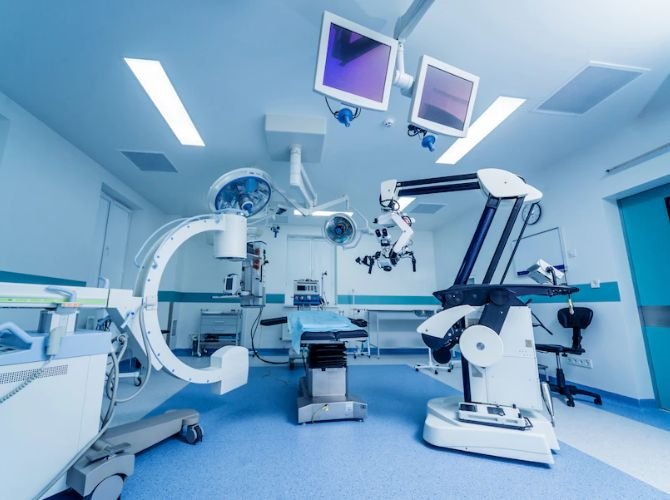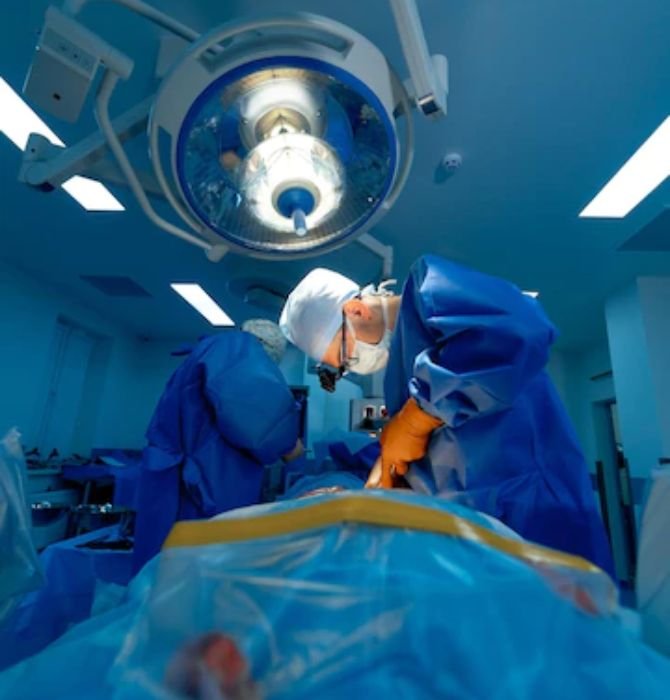EMPANELMENTS
We have the following Government Schemes for the affordable coverage of your Cancer Treatment. We are empanelled with –


1. Central Government Health Scheme (CGHS)
The “Central Government Health Scheme” (CGHS) provides comprehensive health care facilities for the Central Govt. employees and pensioners and their dependents residing in CGHS covered cities. Started in New Delhi in 1954, Central Govt. Health Scheme is now in operation in Allahabad, Ahemdabad, Bangalore, Bhubhaneshwar, Bhopal, Chandigarh, Chennai, Delhi, Dehradun, Guwahati, Hyderabad, Jaipur, Jabalpur, Kanpur, Kolkatta, Lucknow, Meerut, Mumbai, Nagpur, Patna, Pune, Ranchi, Shillong, Trivandrum and Jammu. The Central Govt. Health Scheme provides comprehensive health care to the CGHS Beneficiaries in India. The medical facilities are provided through Wellness Centres (previously referred to as CGHS Dispensaries) /polyclinics under Allopathic, Ayurveda, Yoga, Unani, Sidha and Homeopathic systems of medicines.
The main components of the Scheme are:
The dispensary services including domiciliary care
F. W. & M.C.H. Services
Specialists consultation facilities both at dispensary, polyclinic and hospital level including X-Ray, ECG and Laboratory Examinations
Hospitalization
Organization for the purchase, storage, distribution and supply of medicines and other requirements
Health Education to beneficiaries
2. Ex-Servicemen Contributory Health Scheme (ECHS)
Ex-servicemen Contributory Health Scheme (ECHS) was launched with effect from 01 April 2003. The Scheme aims to provide allopathic and AYUSH medicare to Ex-servicemen pensioner and their dependents through a network of ECHS Polyclinics, Service medical facilities and civil empanelled/Govt hospitals/specified Govt. AYUSH hospitals spread across the country. The Scheme has been structured on the lines of CGHS to ensure cashless transactions, as far as possible, for the patients and is financed by the Govt of India.
ECHS is a flagship Scheme of the Ministry of Defence, Department of Ex-Servicemen Welfare. The aim of Scheme is to provide quality healthcare of Ex-servicemen pensioners and their dependents. As on 01 April 2019, an estimated 55 lakh beneficiaries including dependents are being served by this Scheme.
There are 427 Polyclinics in 28 Regional Centres sanctioned by the Government across India providing health care facilities to the Ex-Servicemen and their family members. ECHS Polyclinics are designed to provide ‘Out Patient Care’ which includes consultation, essential investigation and provision of medicines.
ECHS is a flagship Scheme of the Ministry of Defence, Department of Ex-Servicemen Welfare. The aim of Scheme is to provide quality healthcare of Ex-servicemen pensioners and their dependents. As on 01 April 2019, an estimated 55 lakh beneficiaries including dependents are being served by this Scheme.
There are 427 Polyclinics in 28 Regional Centres sanctioned by the Government across India providing health care facilities to the Ex-Servicemen and their family members. ECHS Polyclinics are designed to provide ‘Out Patient Care’ which includes consultation, essential investigation and provision of medicines.



3. Employees’ State Insurance Scheme ( ESIS) - NHP
The Employees’ State Insurance Scheme is an integrated measure of Social Insurance embodied in the Employees’ State Insurance Act and it is designed to accomplish the task of protecting ’employees’ as defined in the Employees’ State Insurance Act, 1948 against the impact of incidences of sickness, maternity, disablement and death due to employment injury and to provide medical care to insured persons and their families. The ESI Scheme applies to factories and other establishment’s viz. Road Transport, Hotels, Restaurants, Cinemas, Newspaper, Shops, and Educational/Medical Institutions wherein 10 or more persons are employed. However, in some States threshold limit for coverage of establishments is still 20. Employees of the aforesaid categories of factories and establishments, drawing wages upto Rs.15,000/- a month, are entitled to social security cover under the ESI Act. ESI Corporation has also decided to enhance wage ceiling for coverage of employees under the ESI Act from Rs.15,000/- to Rs.21,000/-.
ESI Corporation has extended the benefits of the ESI Scheme to the workers deployed on the construction sites located in the implemented areas under ESI Scheme w.e.f. 1st August, 2015.
The ESI Scheme is financed by contributions from employers and employees. The rate of contribution by employer is 4.75% of the wages payable to employees. The employees’ contribution is at the rate of 1.75% of the wages payable to an employee. Employees, earning less than Rs. 137/- a day as daily wages, are exempted from payment of their share of contribution.
ESI Corporation has extended the benefits of the ESI Scheme to the workers deployed on the construction sites located in the implemented areas under ESI Scheme w.e.f. 1st August, 2015.
The ESI Scheme is financed by contributions from employers and employees. The rate of contribution by employer is 4.75% of the wages payable to employees. The employees’ contribution is at the rate of 1.75% of the wages payable to an employee. Employees, earning less than Rs. 137/- a day as daily wages, are exempted from payment of their share of contribution.
The main components of the Scheme are:
The dispensary services including domiciliary care
F. W. & M.C.H. Services
Specialists consultation facilities both at dispensary, polyclinic and hospital level including X-Ray, ECG and Laboratory Examinations
Hospitalization
Organization for the purchase, storage, distribution and supply of medicines and other requirements
Health Education to beneficiaries
4. COUNSELING AND WELLNESS (CWC)
Free counseling services
Personal Counseling
Personal counseling is available to help you seek out professional help, when dealing with your problems on your own is just too much. The counseling office is staffed by licensed professional counselors who are sensitive to the many issues affecting college students today. Our counseling works from a short-term treatment model. If it appears that you need or want long-term therapy, a referral will be made to the appropriate community resource.
Counselors and clients work together to create counseling plans that offer a reasonable promise of success and are consistent with the abilities and circumstances of the client, and are free to CWC students. Career counseling and assessment
Academic skills development
Personal counseling
Counselors and clients work together to create counseling plans that offer a reasonable promise of success and are consistent with the abilities and circumstances of the client, and are free to CWC students.


5. TPA (Third Party Administrator) for Claims and Cashless Health Insurance
A Third Party Administrator (TPA) is an organization which processes claims or provides cashless facilities as a separate entity. Seen as an outsourcing of claim processing, TPA processes claims for both retail and corporate policies. The risk of loss incurred remains with the insurance company. The insurance company usually contracts a reinsurance company to share its risk. An insurance company hires TPA to manage its claims processing, provider network and utilization review. While some TPA operates as units of insurance companies, most are often independent.
TPA is also involved in handling employee benefit plans such as processing retirement plans. Handling healthcare or employee benefit claims requires using a specialized set of manpower and technology, therefore hiring a TPA for the same is a more cost effective method.
TPA is also involved in handling employee benefit plans such as processing retirement plans. Handling healthcare or employee benefit claims requires using a specialized set of manpower and technology, therefore hiring a TPA for the same is a more cost effective method.
The main components of the Scheme are:
The dispensary services including domiciliary care
F. W. & M.C.H. Services
Specialists consultation facilities both at dispensary, polyclinic and hospital level including X-Ray, ECG and Laboratory Examinations
Hospitalization
Organization for the purchase, storage, distribution and supply of medicines and other requirements
Health Education to beneficiaries
